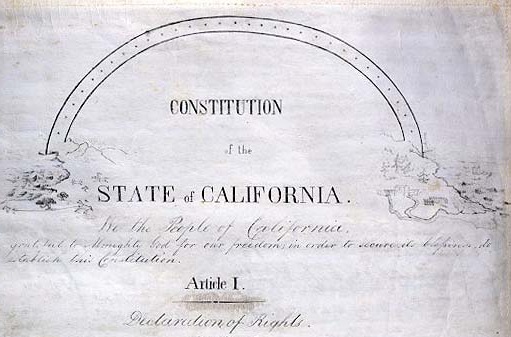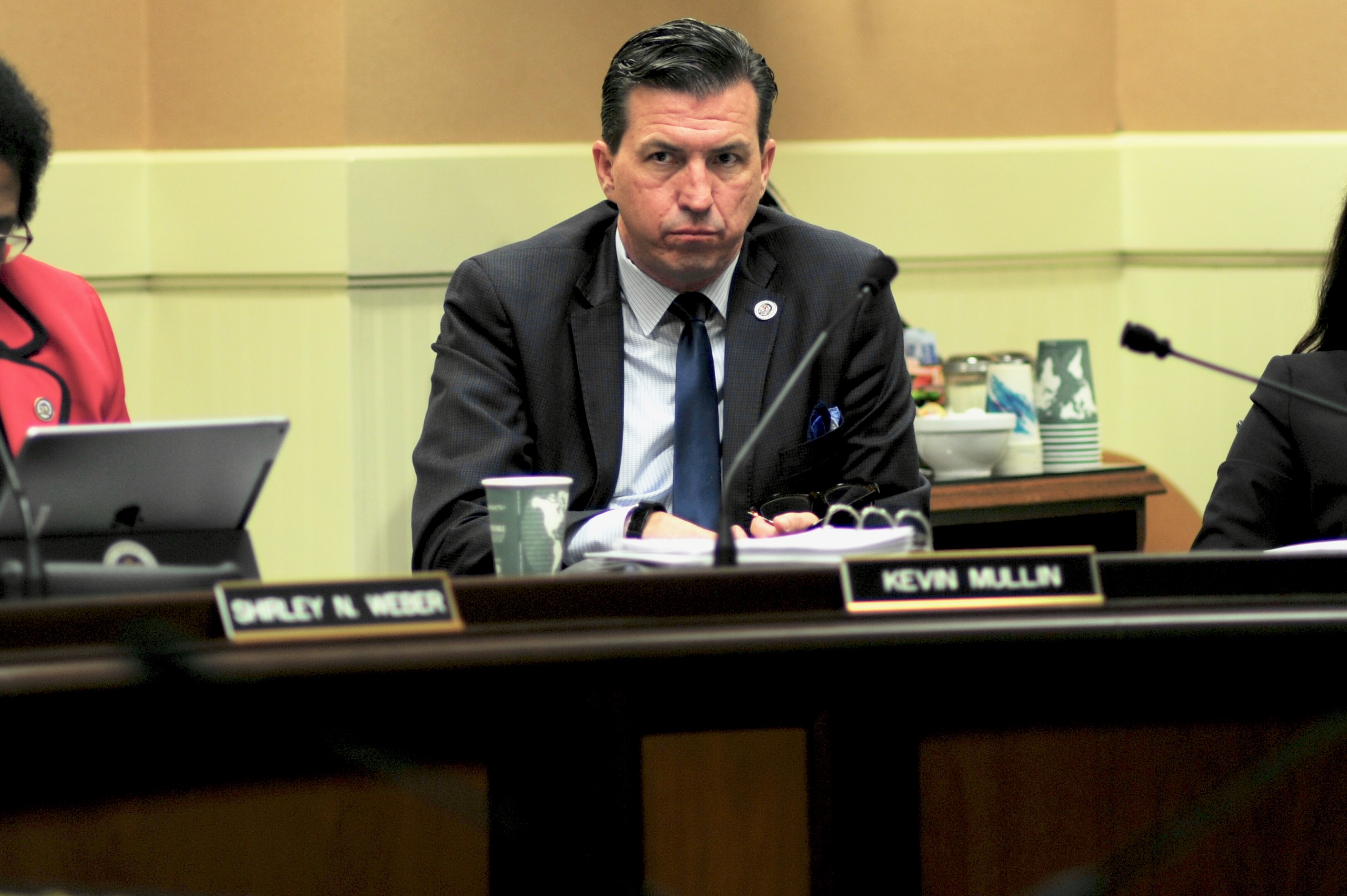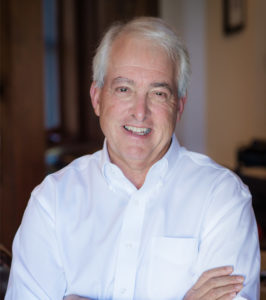
California Constitution. (Photo: www.sos.ca.gov)
Pondering Some Changes to California’s Recall Process
Forms of direct democracy should be used sparingly and our state constitution should reflect that
By Chris Micheli, September 16, 2021 3:44 pm
California has all three forms of direct democracy embodied in its state Constitution in Article II. The initiative, referendum and recall were adopted by the voters 110 years ago in 1911. Section 13 of Article II defines the recall as “the power of the electorate to remove an elective officer.” This article briefly describes several changes that could be considered to improve the recall process in this state, addressing only the constitutional provisions.
Increased Percentage for Petition Signatures
Section 14 of Article II specifies that a recall of a state officer is initiated by delivering a petition to the Secretary of State and that the proponents have 160 days to file signed petitions. Subdivision (b), which provides the voter signature percentages, could be changed for purposes of the statewide officers so that it is the same percentage as that required for all other state elected officials.
While the current amount is 12% for statewide officers, the state with the lowest signature amount is 10% and the highest of any state is 40%. Using the same 20% for all state officials also places California roughly in the middle of the 19 states that allow recalls. This proposed change could be done by amending subdivision (b) as follows:
(b) A petition to recall a statewide officer must be signed by electors equal in number to 12 20 percent of the last vote for the office, with signatures from each of 5 counties equal in number to 1 percent of the last vote for the office in the county. Signatures to recall Senators, members of the Assembly, members of the Board of Equalization, and judges of courts of appeal and trial courts must equal in number 20 percent of the last vote for the office.
Lt. Governor Takes Over for a Recalled Governor
Section 15 of Article II provides for the timing of the recall election and when it can be called and conducted. In addition, this section provides for the two-part question we have experienced with the successful replacement candidate being elected by a plurality of votes on the second question.
This proposal is to have the Lt. Governor automatically succeed to the highest state office if the Governor is recalled. For the remaining state officers, there would not be a change as there is not a statewide elected official elected by the people for the purpose of taking over any other office except governor. This proposed change could be done by amending subdivision (c) as follows:
(c) If the majority vote on the question is to recall, the officer is removed and, if there is a candidate, the candidate who receives a plurality is the successor, except in the case of the Governor, in which case the Lt. Governor is the successor. The officer may not be a candidate, nor shall there be any candidacy for an office filled pursuant to subdivision (d) of Section 16 of Article VI.
Expense Reimbursement and No Additional Recalls for Same Officer
Section 18 of Article II provides ambiguous language regarding the ability of a state officer who is not recalled to be reimbursed for expenses. The first proposal is to clarify which types of expenses would be subject to taxpayer reimbursement. Another provision of Section 18 deals with when another recall of the same officer can be initiated. The second proposal is to eliminate this provision for the remainder of the state officer’s term, which means an officer would be subject to only one recall per term of office.
The third proposal is to preclude a recall for a state officer if that officer has served more than half of his or her term of office. In other words, if the State Senator is in the third year of her four-year term of office, then there would not be any recall available; rather, the electorate could vote in the upcoming election just a year later. These three proposed changes could be done by amending Section 18 as follows:
A state officer who is not recalled shall be reimbursed by the State for the officer’s recall election expenses legally and personally incurred by the officer, not including expenses paid by contributions received by the officer’s candidate committee. A state officer shall not be subject to recall if the officer has served more than half of the officer’s current term of office. Another recall may not be initiated against the officer until six months after the election for the remainder of the officer’s term of office.
There are undoubtedly other proposals that have been made and will be made in the months ahead in order to improve California’s recall process. The Chairpersons of the Senate and Assembly policy committees announced earlier this week that they plan to conduct multiple informational hearings to consider reform proposals with the goal of placing a measure on the November 2022 ballot for the electorate’s consideration.
While very few recalls have made it to the ballot, it has now occurred twice in just 18 years for governor after no recalls had qualified for over 90 years. While we should not improperly limit individuals’ right to vote in elections, recalls and other forms of direct democracy should be used sparingly and our state constitution should reflect that. No form of direct democracy should be taken from the people, but those three forms need to have more safeguards put into place.
- Response to Interrogatories - February 20, 2026
- Insignia of Nonprofit Associations - February 19, 2026
- Endangered Species Regulation - February 19, 2026





There’s nothing wrong with the percentage of recall signatures needed. It’s fine as it is. Non political voters and Democrats signed the recall. Raising it will just make recalls impossible. Also why would you have the Lieutenant Governor succeed the Governor, if she will just continue the same policies? Defeats the point.
Leave it alone! For God’s sake, if anyone, anywhere, any time, EVER, deserved to be recalled from office it is Gavin Newsom. Look around at the devastation he has wreaked in this state.
Democrats don’t like the idea of taking chances of getting defeated. Each time more and more people begin to understand how leaky and unserious our election security.
The number of ballots returned by the post office is never divulged.
Sorry Mr Micheli, you’re a lobbist AND a lawyer – two occupations that do NOT represent “regular” Californians.